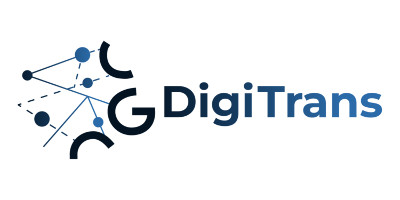



SAXION UNIVERSITY OF APPLIED SCIENCES
2023-06-01
National (participants from different cities)
Virtual call
Netherlands
Online (website, Facebook, etc.)
CGC Counselor
2
How can support for digital skills development be better implemented? How do you identify the digital needs of the target group? How to identify the needs in the future? What is needed in the future?
We should be looking at the digital development that is needed from the point of view and experience of the target group. People now often think from a company perspective. Then it is launched from the company. The employer should include the employees in the changes that are going on in society. This way you get the employees better motivated. Having conversations, 'what do you think the world will look like in the future'?) Promote autonomy. ‘I develop to make myself better at my job’. We start mapping out the employee's strengths. If you are talking about practically trained people, then education is a tricky issue. More important is to talk about what they enjoy doing. Then start from their strength about what they can do even better. If you start with 'what have you done', many people get stressed. Many people from our target group are not proud of their past school achievements. If you work together with different organizations, you run the risk of losing sight of the development points of the target group itself. If you start with a new solution, involve the target group in the new solution from the start. Here, too, we must promote autonomy. Conveying the feeling of being heard is important. That is also the basis for a collaboration. In the past, a lot could have been avoided in several initiatives if we had listened to the target group in advance. The target group also needs one-on-one support. There is no single solution for development in digitization. Everyone is different. Cooperation between different parties is very important. This way you can offer more customization. (multiple expertises together). We now teach people a quick trick. If we want to help the target group permanently, we must have an eye for the basics. Learning tricks is not creating a learning culture. What does work well: start by organizing and giving practical workshops instead of a theoretical course. Make learning fun and accessible. Celebrating successes is also important. The feeling amongst the target group now is: 'I am on a moving speedtrain, I have to continue to develop at lightning speed and do not know how'. The use of (digital) tools are now often goals. But it must be used as a method. I believe in having a personal conversation. What are you already doing? What do you need help with? A tool should not be a test, our target group is already allergic to it (learning in the past was not very successful). Providing insight into knowledge can be faster if this is measured via a tool. But it must align with the development goals of the individual. If you work for the 'average employee' then we have to let go of the assumption that everyone can just keep up with the rapid developments. We have to keep challenging and motivating people. We as professionals must also continue to look for the best possible solutions ourselves. We must continue to connect the worlds of employers and employees. Make people feel like they're being listened to and that they don't have to wear a mask.